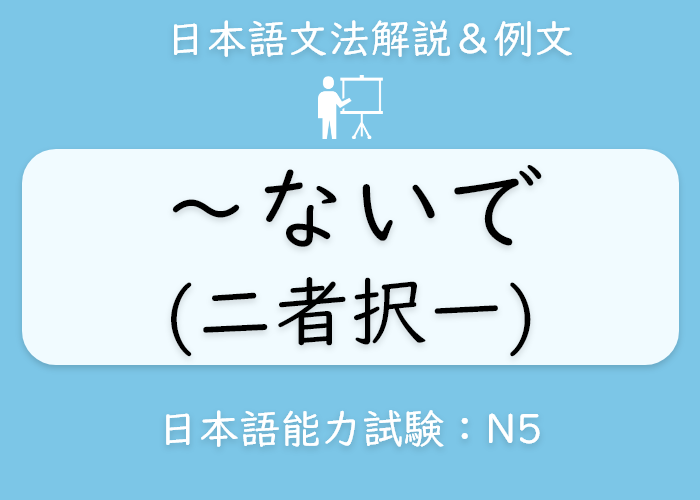
「いadjくて(理由・原因)」の説明を英語・イラスト付きで説明します。
●意味:
理由・原因を表す。
Indicates a reason or cause.
●接続:
いadjくて
●日本語能力試験:
N4
●備考:
〇「から」「ので」より弱い。
Weaker than "kara" and "node".
〇後件は「意志を表す表現」は使えない。
The sentence behind cannot use "expressions of will.
〇後件は「可能動詞の否定形」がよく使われる。
The negative form of the possible verb is often used in the latter sentence.
●辛くて食べられませんでした。
It was too spicy to eat.
●難しくて分かりませんでした。
It was too difficult to understand.
●小さくて読めませんでした。
It was too small to read.
●うるさくて寝られませんでした。
It was so loud I couldn't sleep.
●眠くて宿題できませんでした。
I was too sleepy to do my homework.
●おいしくてやめられませんでした。
It was delicious and I couldn't stop.
●小さくて着られませんでした。
It was too small for me to wear.
●荷物が多くて入りませんでした。
There was too much luggage to fit.
●汚くて泳げませんでした。
It was too dirty to swim.
●危なくて泳げませんでした。
It was too dangerous to swim.
.png)








©copy right Langoal. All Rights Reserved.